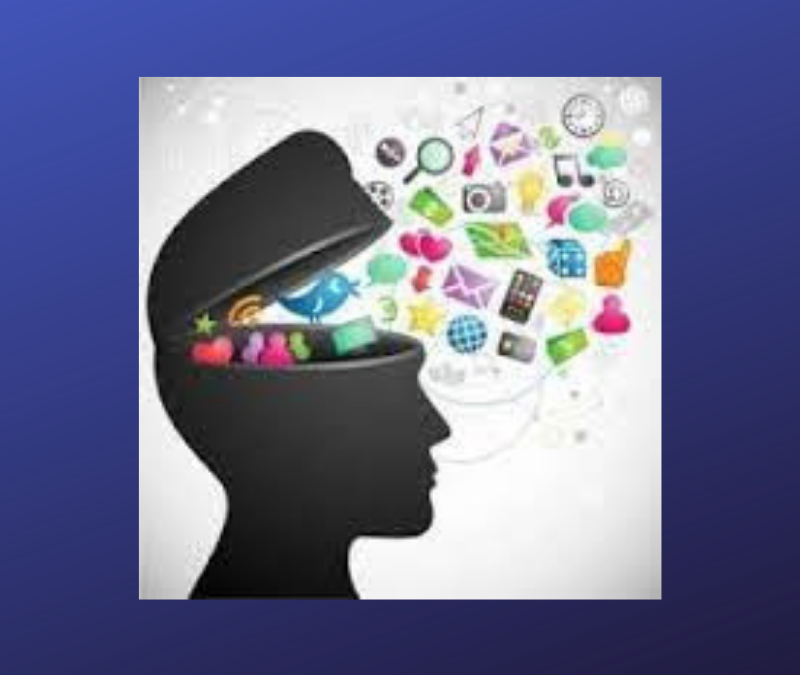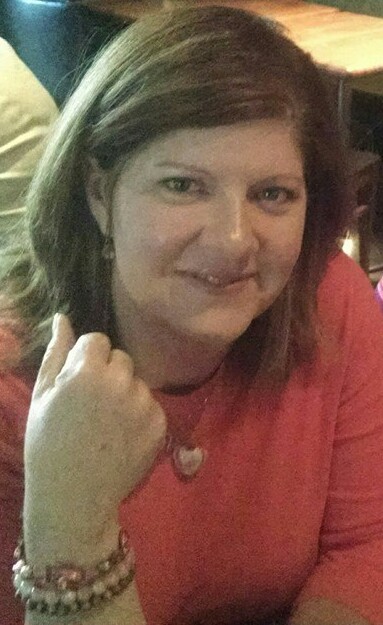From: Phil
Hi Christy.
So here's my problem du jour: My desk is littered. I have articles -- printed, clipped or ripped -- on Alzheimer's disease stacked up in piles that seem to keep growing. And that's not including my social media streams and email, which are a nightmare on their own.
As you can imagine, it is all quite overwhelming. When I was diagnosed with early onset Alzheimer's three years ago, I was determined to learn all that I could. After all, I was **only** experiencing the mildest of memory lapses and cognitive changes.
But today, I'm three years further into the disease progression and while I'm still determined to learn, I'll be utterly frank: I can't keep up. The medical terminology is often undecipherable. The advice can be contradictory. Heaven help the poor schmo (i.e., me) trying to keep up with the latest in research.
So what do people living with Alzheimer's -- or their care partners -- do to keep current on the latest news? Or should we just give up and focus on living the best life that we can without all that noise?
Best,
Phil
From: Christy
Phil,
On our latest episode of The Alzheimer's Podcast, you talk about how annoying it is when people say, "Oh, that happens to me, too" or, "I do that all the time, too." So I don't want to say it, but...that was my first thought when you described the overwhelm of your desk, email, and social media streams.
When I was first learning medical terminology and drugs names, a pharmacist told me it's like learning a second language. That made me feel better, knowing it really was as difficult as I was perceiving it.
Part of my first job as a Memory Care Director was to give monthly updates at staff meetings on the latest research. Even though it was the early days of the internet, there was a lot to plow through. I found sticking to two trusted news outlets was enough; credible stories get picked up by all the major outlets, so I didn't need to follow them all.
At the beginning of my career, I honestly believed I'd be doing this type of work less than 10 years. I thought Alzheimer's disease would be cured within that time frame.
I remember the day, years before, when I read on the front page of the paper that AIDS had become a survivable disease. A cocktail had been found! I looked forward to the day in the near future I'd see the same about Alzheimer's.
As the years went by, my hopes were getting crushed as one clinical trial after another crashed and burned in Phase 2 or 3. So, I made a decision to focus solely on what I could do to improve quality of life for people living with dementia. A few years later, I expanded that to include their care partners.
For me, that was the right decision. I cheer on the scientists and advocates who work tirelessly on research for better treatments and a cure. And I understand why folks want to keep up with the latest.
Meanwhile, my chosen path has been (and still is) full of joy. When I'm with someone living with dementia who's having a rough time, I can step into their moment with them. I can help them feel safe, secure, and loved. And I can show their care partners how to do it, too. I can't imagine anything better.
xxChristy
From: Phil
Christy,
So I worked at The New York Times so I'm not going to disagree about following two major news sources. There were many of us at the paper, particularly back then, pre-Internet, who thought it wasn't newsworthy unless and until it was in the Times.
But what about today? What about the blog that you and I are drafting and the podcast that we tape? There's so many blogs and podcasts. How can the average person figure out what in the world to follow? And why are we all doing this? Isn't there just too much information?
From: Christy
Phil,
Ah, different question! To my mind, keeping up on research is different than keeping up on information. But what if we didn't feel compelled to "keep up," be it with the Kardashians or anything else?
What if we saw a friend liked a podcast or a blog post, so we checked it out? If we love it, we tell everyone we ever met in our whole lives (or thereabouts). And if we don't like it, we just move on. Unsubscribe. Throw it away. Recycle. Change the channel.
What would it be like if we weeded out all the stuff we don't really care about and make space for the things that resonate with us, that bring us joy?
Is feeling happy a less worthwhile pursuit than keeping up?
From: Phil
Christy,
So you're thinking we should feel free to sample the offerings but not feel that after the first date, we're committed for life? I can get behind that.
But I'd still like to explore (in another blog perhaps) why it is that we all feel this need to communicate when there's so much information already out there. How do we ever possibly hope to break through? And if we do break through ... what then? Fame? Fortune? Oprah?
Until next time!


